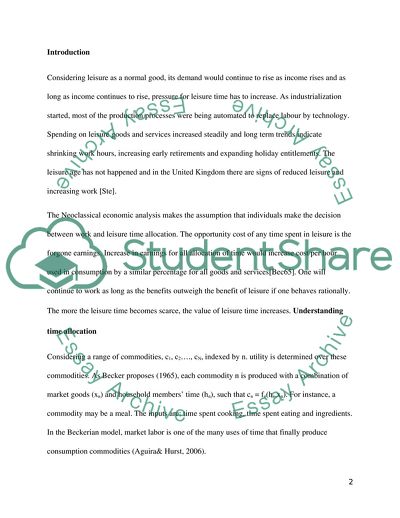Cite this document
(Economics of Leisure Essay Example | Topics and Well Written Essays - 1750 words - 1, n.d.)
Economics of Leisure Essay Example | Topics and Well Written Essays - 1750 words - 1. https://studentshare.org/macro-microeconomics/1814954-economics-of-leisure
Economics of Leisure Essay Example | Topics and Well Written Essays - 1750 words - 1. https://studentshare.org/macro-microeconomics/1814954-economics-of-leisure
(Economics of Leisure Essay Example | Topics and Well Written Essays - 1750 Words - 1)
Economics of Leisure Essay Example | Topics and Well Written Essays - 1750 Words - 1. https://studentshare.org/macro-microeconomics/1814954-economics-of-leisure.
Economics of Leisure Essay Example | Topics and Well Written Essays - 1750 Words - 1. https://studentshare.org/macro-microeconomics/1814954-economics-of-leisure.
“Economics of Leisure Essay Example | Topics and Well Written Essays - 1750 Words - 1”. https://studentshare.org/macro-microeconomics/1814954-economics-of-leisure.


